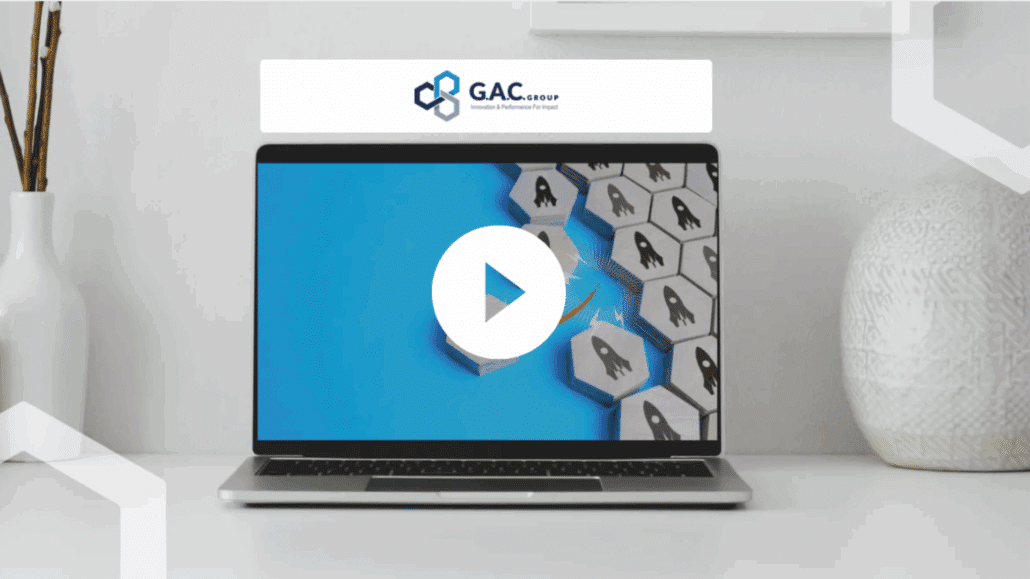Breakthrough innovation is a global issue to meet the challenges of competitiveness, the digital revolution and the climate challenges that await us.
"It is clear that France and Europe are in danger of falling behind. The talent and academic wealth are there, but the great innovations of recent decades have been developed outside Europe ", Joint European Disruptive Initiative (Jedi)
In its stimulus plan, the Government once again makes Deeptech a priority! Deeptech: the future black gold?
- Capitalize on French public research and structure its ecosystem
- Get public and private funding
- Create a new market with a profitable offer at the right time
- Stay sustainably innovative in Deeptech
To access the replay, fill out the form below.
Disruptive innovation: a major asset in terms of sovereignty
In a stagnant market, alone breakthrough innovation can provide a new growth driver.
Paul-François Fournier, the director executive of Bpifrance We are coming to the end of a cycle where innovation has been driven by digital tools to create new uses, to enter a new phase where disruptive innovations, i.e. new cutting-edge technologies, will enable us to find solutions to the major challenges of the 21st century. XXIst century".
The industry is in high demand since it must respond to organizational and environmental issues. In order to develop Corporate Social Responsibility (CSR), manufacturers must renew their methods of managing waste, pollutants, etc. through the use of new, more ecological technologies. The playground for entrepreneurs in the deep tech is very large Robotics, artificial intelligence, new modes of transportation, quantum computing, decarbonized energy, genetic sequencing, cybersecurity, autonomous vehicles, drones, 3D printing...
Remain sustainably innovative in Deeptech
Why are some organizations more successful than others in the field of innovation? Why and how, beyond a one-time success, do they manage to regularly and successfully launch new innovative offers?
To make innovation efforts more effective, we can act on the classic management parameters:
- formalize the innovation process,
- train teams to develop skills,
- invest in R&D, ...
However, many other factors in the internal and external environment play a fundamental role, including:
- the organizational structure,
- the management method,
- leadership style
- and more broadly the culture of the company (ie values, beliefs, ways of interacting, of functioning collectively, etc.)
It is therefore necessary to be able to identify and qualify precisely the factors which condition the efficiency of the innovation process in order to be able to act effectively on them.












